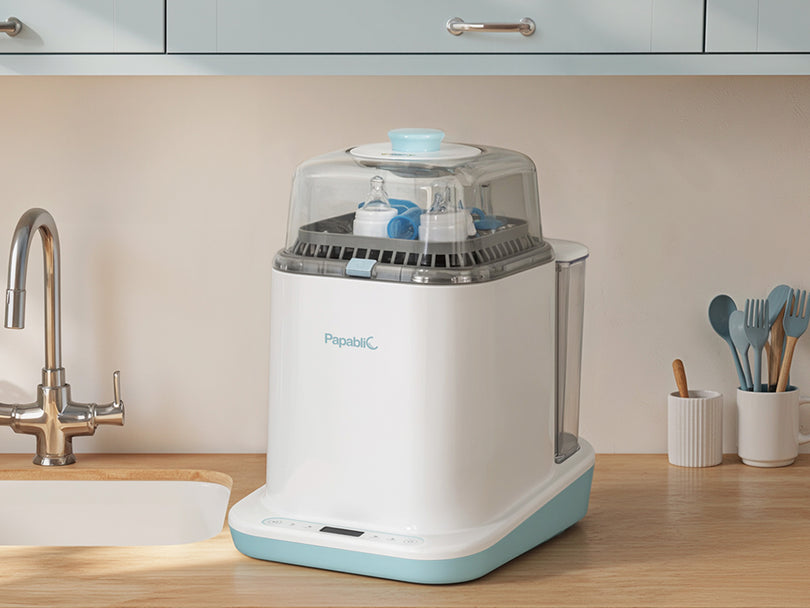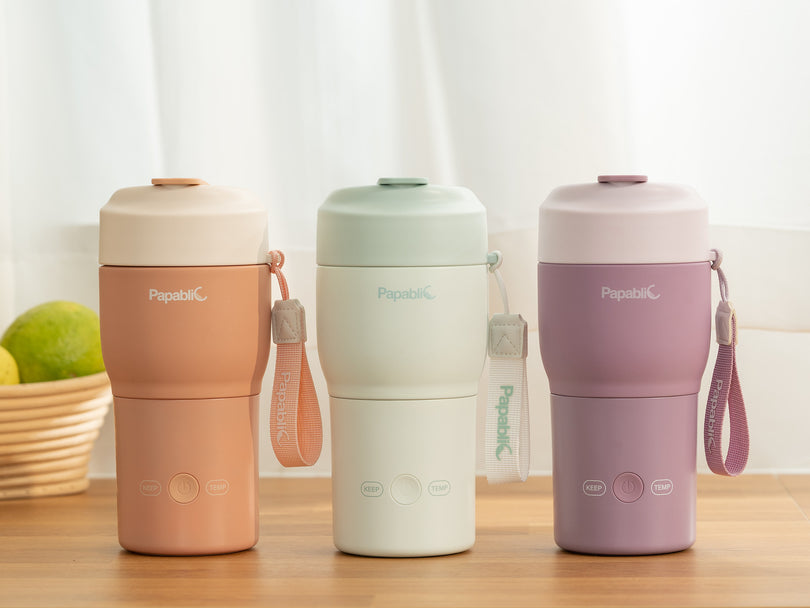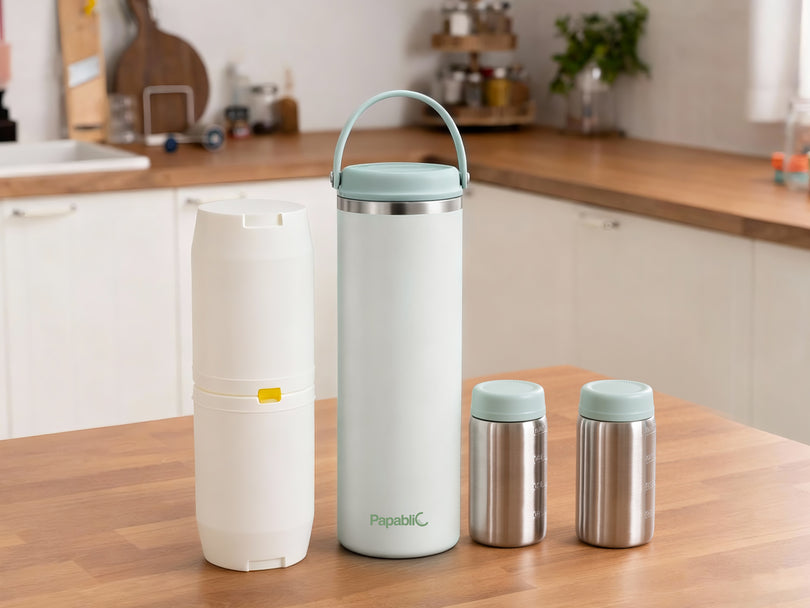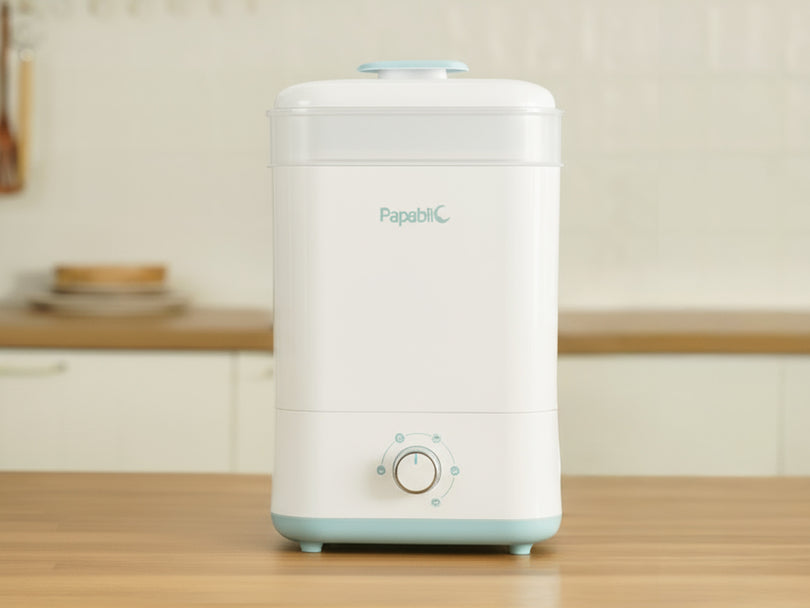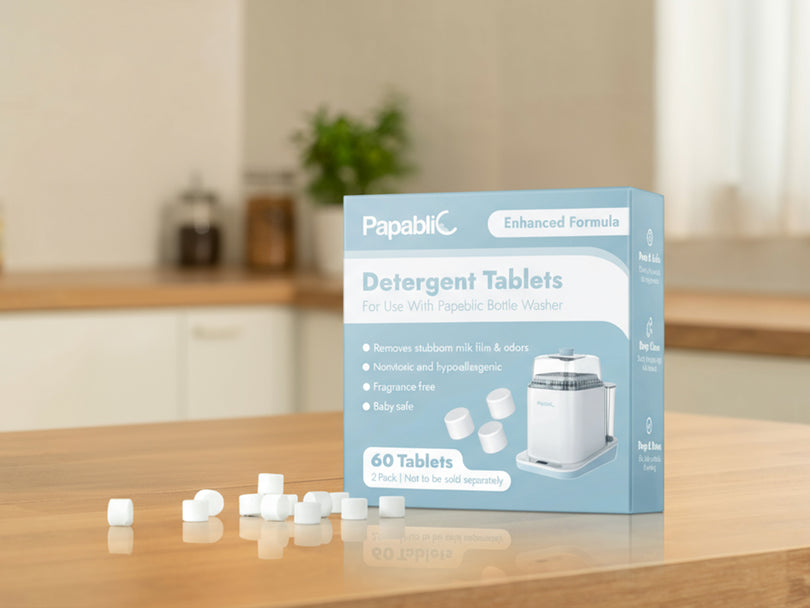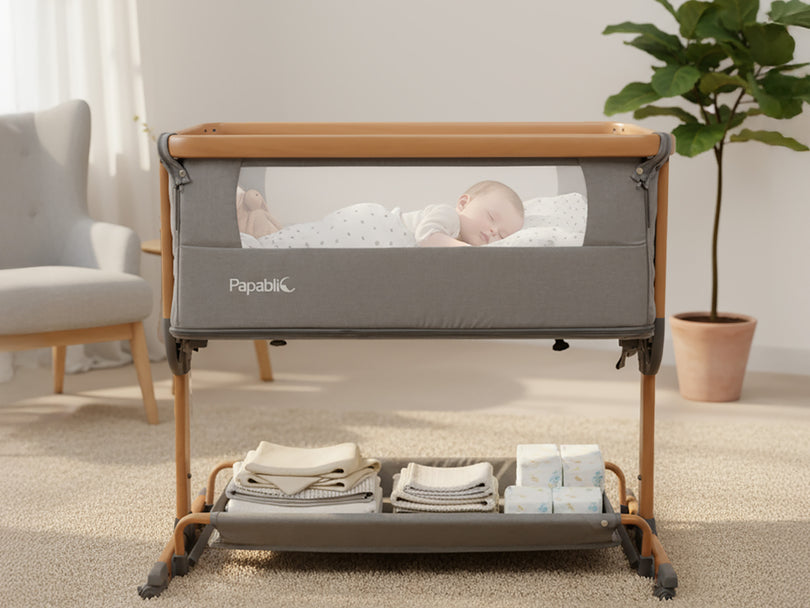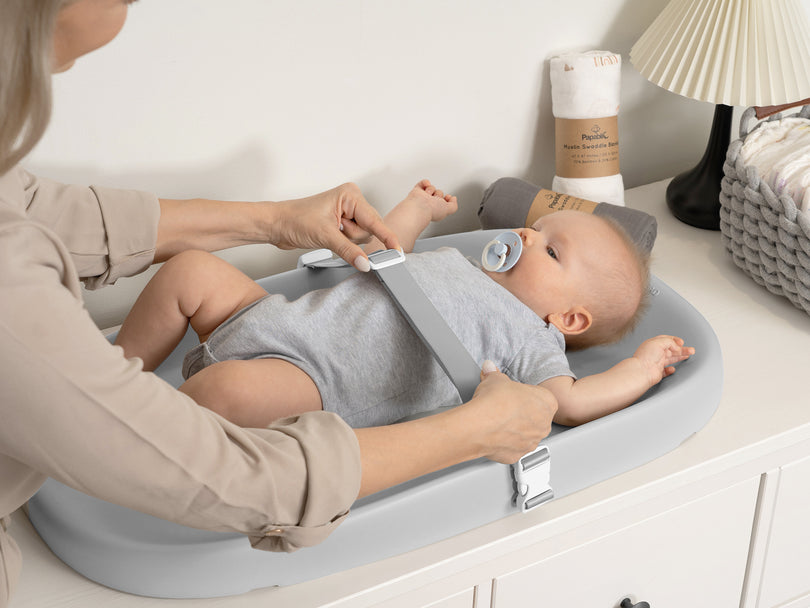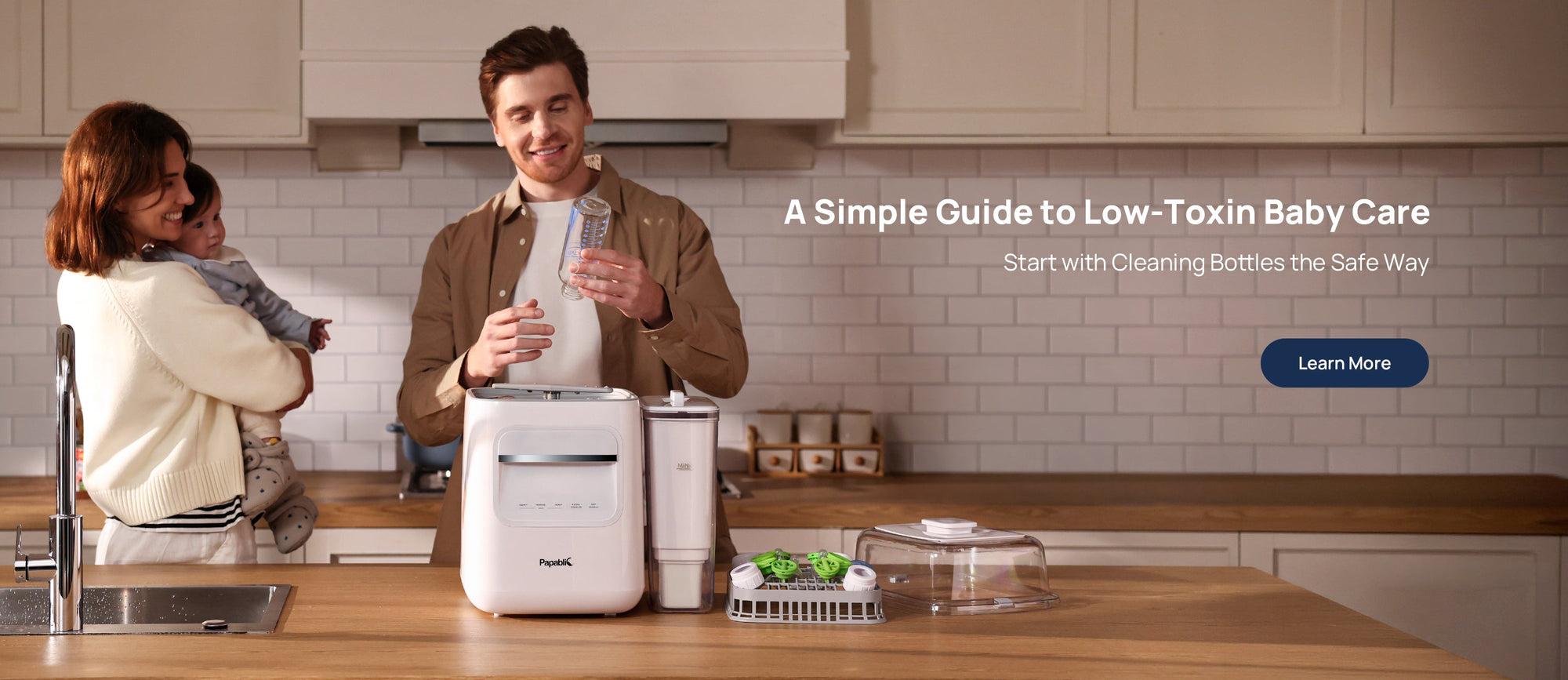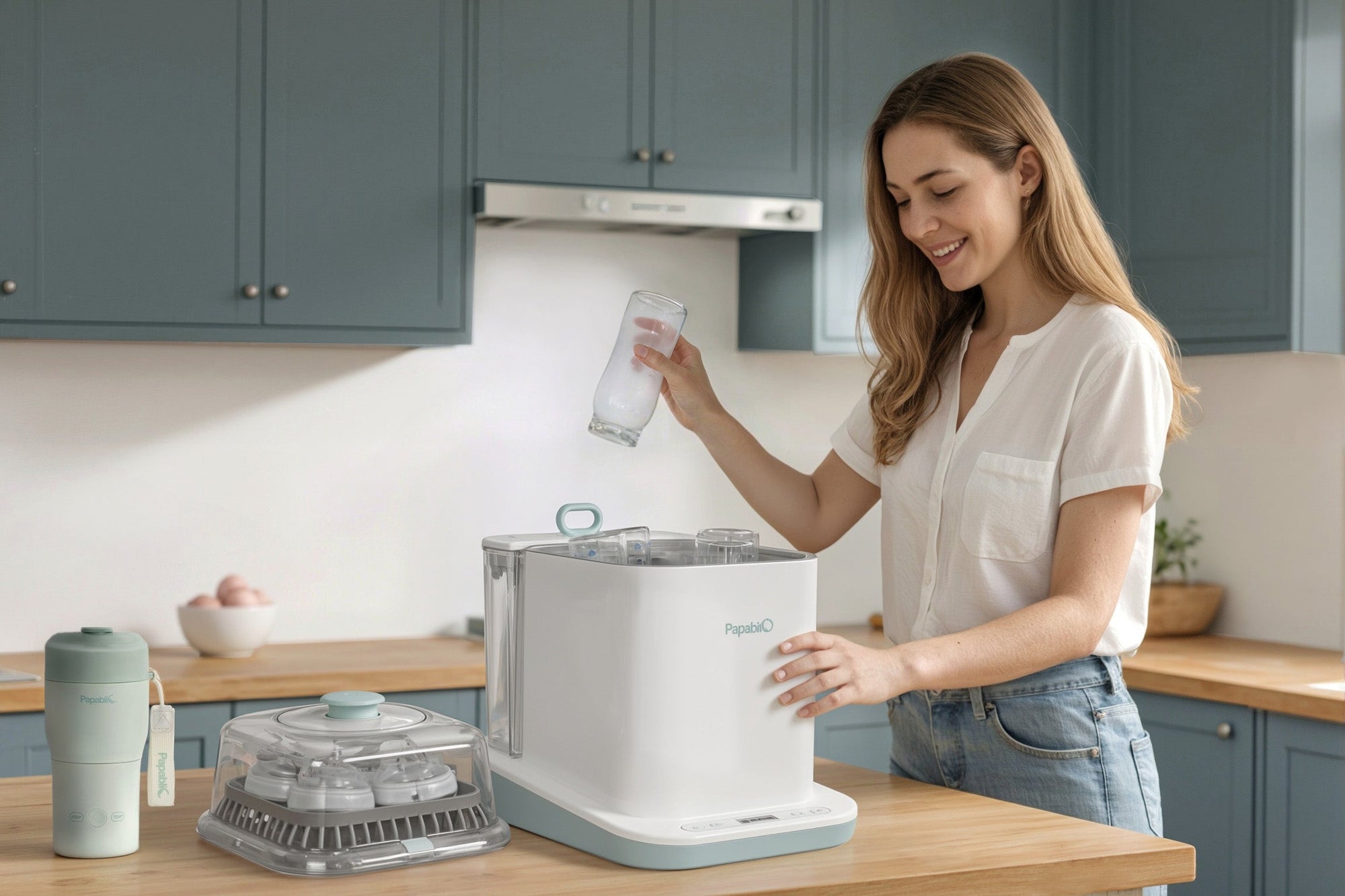After planning a newborn, parents soon get to know that there are numerous tiny choices involved that lead to larger responsibilities. One of the most frequently asked questions is: glass vs plastic baby bottles: which is better for your baby?
The convenience does not end with this decision. It concerns the safety of your baby, his/her health and feeding comfort, and routine. Knowing the advantages and disadvantages of glass or plastic bottles will assist in the selection of the most appropriate one to serve the interests of the baby and one that will fit you.
Through this guide, we will take a detailed look at each type of bottle, look at them side by side, and examine which one is better to use when babies are new.
What Is a Glass Baby Bottle?
Glass baby bottles are made out of tempered or borosilicate glass, intended to survive the high heat and frequent sterilization. They are among the oldest and most reliable baby feeding apparatus, which are very safe and durable in the long run.
Pros:
Chemical-free: Glass bottles contain no plastics or chemical additives, so you can be sure that no harmful chemicals such as BPA or BPS end up leaching into the milk.
They are resistant to heat: These can also be boiled, microwaved, or even sterilized without distorting their shape or quality.A baby bottle washer can make the process of cleaning and sterilizing even easier, ensuring bottles remain hygienic after every feed.
Cleanable: not clouding, staining, or absorbing milk odor.
Eco-friendly: recyclable 100 percent and longer-term sustainable.
Cons:
Increased weight: Babies might find it even difficult to hold themselves.
Fragility: They are fragile by virtue of being able to crack or snap when they drop.
High price: It is more expensive initially as opposed to plastic substitutes.
Parents who would prefer the greatest safety and the least amount of exposure to chemicals tend to use glass bottles.
What Is a Plastic Baby Bottle?
Plastic baby bottles consist of low-weight materials such as polypropylene (PP) or polyethersulfone (PES). Modern ones are most often BPA-free, which partially resolved the previous safety issues, but have their own peculiarities.
Pros:
Strong and durable: When packed by parents, it is lightweight and easy to carry around, and it is light and easy to hold by babies as they grow up.
Unbreakable: You won’t break them when they fall, so they can be safer in some contexts.
Affordable: It tends to be more affordable, and this point is beneficial since the baby might demand a number of bottles.
Wide availability: Offered in too many shapes, colors, and sizes.
Cons:
Wear and tear: The plastic is worn out and rubbed, and bacteria are trapped.
Possible chemical problems: Most of the plastics do not contain BPA, but when the sun heats a material several times, chemicals are released.
Less durable in the long term: They simply tend to require being replaced after every two or three months because they get tinted or cloudy.
The convenience and mobility of plastic bottles make them easy to carry, but not as durable as glass.

Key Differences Between Glass and Plastic Bottles
To make the choice clearer, here’s a direct comparison:
|
Feature |
Glass Baby Bottles |
Plastic Baby Bottles |
|
Cleaning Ease |
Smooth surface, resists stains |
Scratches easily, can trap odors |
|
Portability |
Heavier, less travel-friendly |
Lightweight, easy to carry |
|
Durability |
Breakable if dropped |
Shatterproof but degrades over time |
|
Sterilization |
Safe for boiling and high heat |
Can warp under repeated heating |
|
Cost |
Higher upfront investment |
More affordable, replaced frequently |
|
Eco-Friendliness |
100% recyclable, long-lasting |
Less sustainable, disposable sooner |
This side-by-side look highlights the trade-offs between the options.
Which Is Better for Newborns?
So, when it comes to glass vs plastic baby bottles, which one is really better for newborns? It will take your priorities to answer. Ok, what seems to be the problem?
Safety First
The paramount consideration for newborns is safety. Plastics are absent in glass bottles; hence, they are considered the safest way of getting exposed to chemicals. Plastic bottles dubbed as BPA-free are safe by health authority standards, but a few parents like glass to be on the safe side.
Ease of Cleaning and Sterilizing
Traditionally, glass bottles are preferred by many parents because they are easier to clean and resist heat during sterilization, while plastic bottles are lighter but may scratch more easily and retain odors over time.
With the Papablic Baby Bottle Washer Sterilizer and Dryer, however, you don’t have to worry about these differences. This all-in-one baby products solution combines the power of a bottle warmer and sterilizer with drying functionality.Its powerful spray system with 26 water outlets and 25,000Pa high-pressure jets washes at 162℉, ensuring that both glass and plastic bottles—along with nipples and breast pump accessories—are thoroughly cleaned. This all-in-one device not only washes but also sterilizes and dries up to eight bottles at once, keeping everything hygienic, odor-free, and safe, no matter which type of bottle you prefer.
Feeding Comfort
Plastic bottles are lighter in weight and assist the newborns in holding them once they start using them directly. The heaviness of glass bottles can even be compensated for by the use of silicone sleeves that allow glass bottles to be easier to grasp.
Durability & Longevity
Your best purchasing choice would be glass bottles in case you require bottles that would serve multiple children. They can not scratch or wear. Although plastic bottles are not easily broken, they do tend to need to be replaced quite frequently, either due to discoloration or due to odors being absorbed.
Life Experience
Plastic bottles might be more convenient because of the size and weight of the parents who need to travel a lot or have to carry lighter bottles regularly. In the interim, families that develop greater support for being environmentally friendly and sustainable in more profound terms may lean toward glass. There are still such parents who feel like taking advantage of both options, glass during home time and plastic when travelling.

Summary
The choice between glass vs plastic baby bottles will boil down to yours. Glass vessels are more secure, durable, less influential to the climate, and turn out to be more expensive and, most significantly, heavier. However, plastic bottles are convenient, cost-effective, and unbreakable, even though they can be more prone to wear and tear, and they elicit small reservations suggesting possible traces of chemicals.
For newborns, many parents begin with glass bottles for safety and hygiene, then add plastic bottles later for convenience. Regardless of which you choose, a reliable bottle warmer like the Papablic all-in-one system ensures your bottles remain clean, safe, and ready for every feeding.
In short, when choosing between glass or plastic baby bottles, think about what fits your baby, your routine, and your lifestyle. With the right support from modern baby products, feeding can be safer, easier, and more comfortable for both you and your baby.
Read more:

